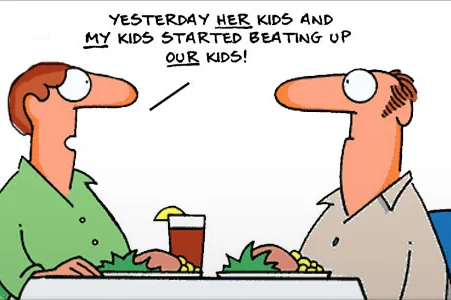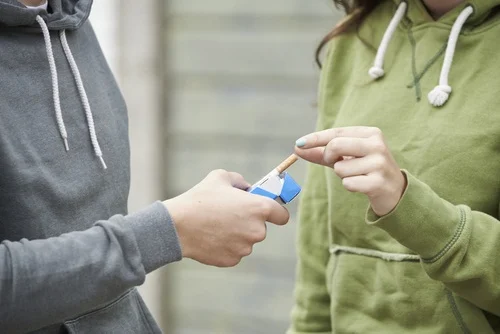+1 845 259 2974 (11 a.m to 7 p.m CST)
Bad cop/good cop parenting: which is the right approach?

This is a familiar sight for many. A teenage boy gets grounded for three weeks by the mother for breaking his curfew. Before the son can object, his father intervenes, “Honey, don’t you think three weeks is a bit too harsh?” The good cop bad cop parenting act can cause more problems than anything else, because teens can wiggle out of problems they create because parents become more focused on their own conflict.
This is where the damage has been done. Taking advantage of the situation the son can easily escape the responsibility for coming home late and drinking beer. Bad cop, good cop parenting is not an effective way to bring up children. First of all, the whole idea of a “cop” or policing brings negative energy into the family. Parents are supposed to nurture, teach and coach their children, instead of being cops to them. Secondly, having conflict in terms of parental decisions in front of the child will provide room for them to manipulate his way out. However, the damage control can be done by avoiding such situations. Parenting a teenager can be hard, and this is how you can do it better:
- Instead of blurting out your disagreement with your spouse or partner’s decision in front of the kid, wait till he/she is away from hearing range. Then discuss the matter with your partner and try to find some common ground. A teen's good is the mutual concern of both parents. However, their approach can be different. So, instead of having disagreement every time your child does something wrong; sit down and talk the best possible way to deal with the situation.
- There are certain ground rules that are non-negotiable and both parents completely agree on them; like good school grades, using polite language, use of internet, watching TV etc. Communicate these rules to your kids, so that they are aware of your firm stance on these and try to follow them at any cost.
- Similarly, there must be other issues on which you and your partner may not agree a hundred percent. Fix a sign or signal for such issues, so that whenever they are brought up in presence of the kid, parents would be able to avoid disagreement in front of them. Discuss your disagreements later, sort out the issue and communicate the mutual decision to your kid.
- Communication is the key to a healthy relationship. Keep a family discussion day – preferably a weekend – when you get heart-to-heart with your kids. Talk to them about different family issues in the past one week. Ask them about their views and share any difference of opinion with them.
Remember that as a parenting unit you are stronger - teens divide and conquer very easily, staying one step ahead never hurts parents.





















